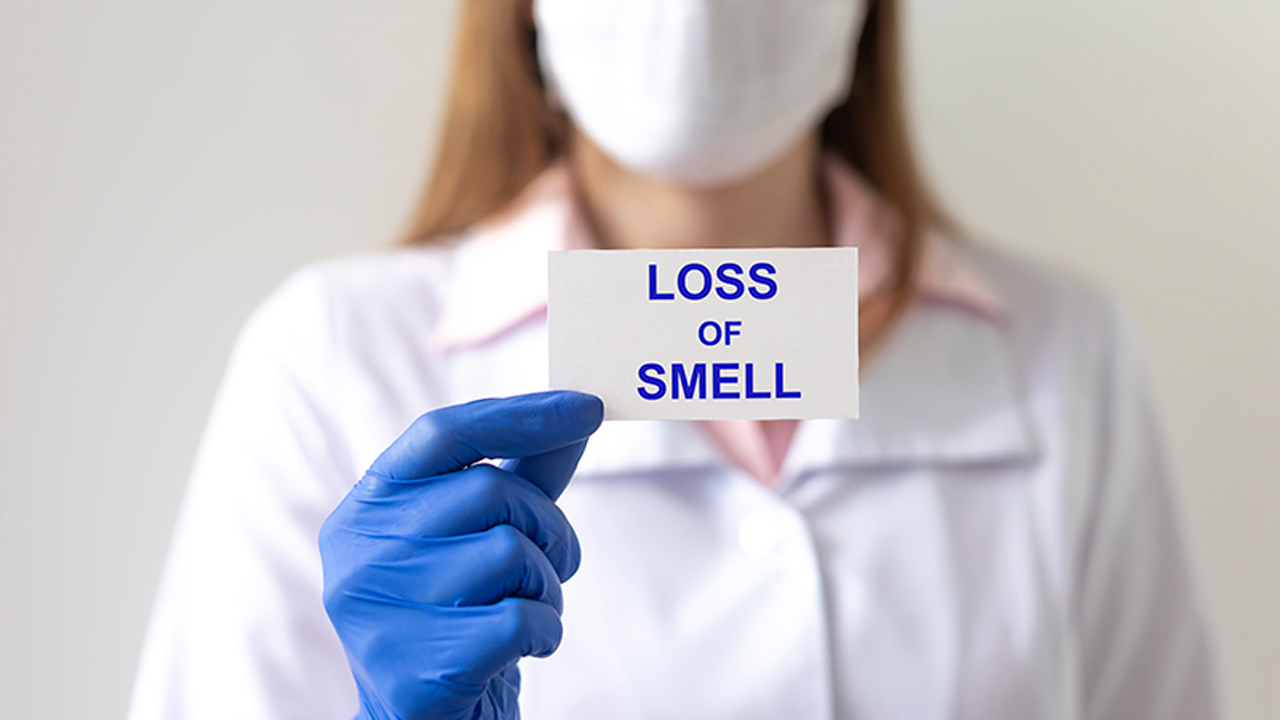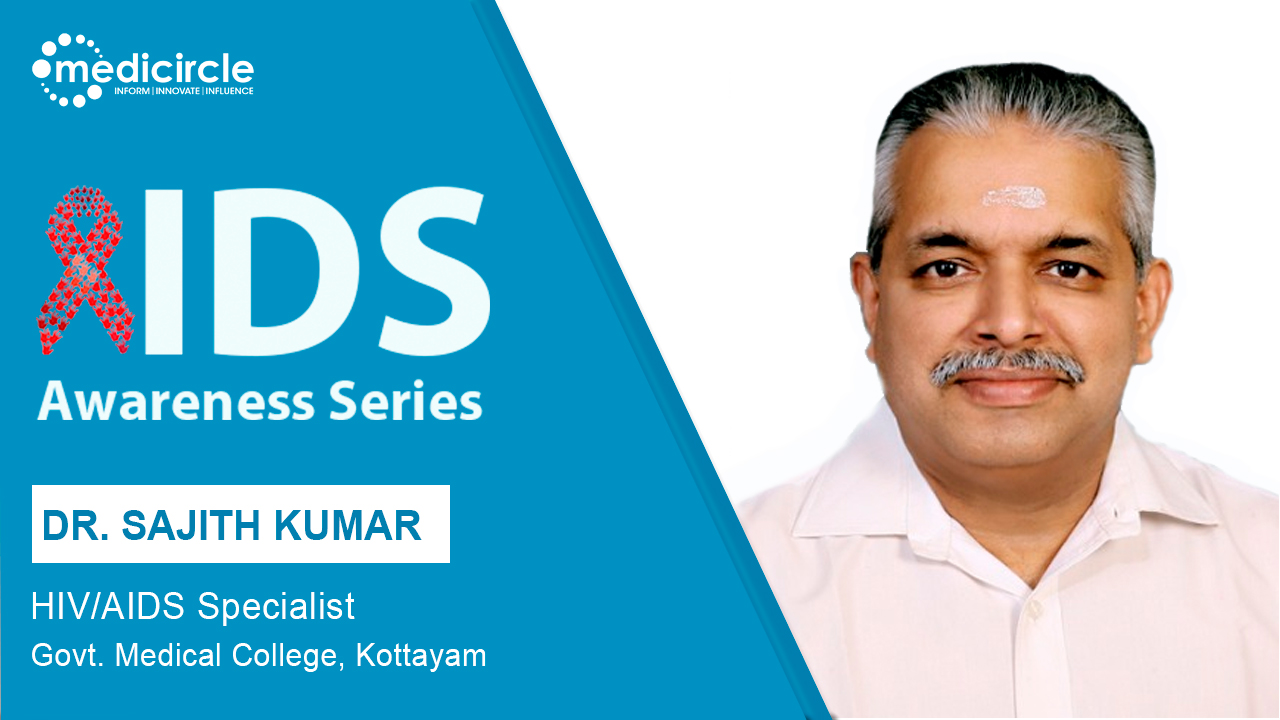What I miss most is the smell of my child when I kiss him, the smell of my significant other's body," says Jean-Michel Maillard.
Anosmia - the loss of one's feeling of smell - might be an undetectable debilitation, yet is mentally hard to live with and has no genuine treatment, he says.
Furthermore, the cost an expanding number of individuals are paying in the wake of enduring a brush with the coronavirus, with some confronting long haul powerlessness to smell.
"Anosmia cuts you off from the scents of life, it's a torment," says Maillard, leader of anosmie.org, a French gathering intended to support victims.
On the off chance that you have the condition you can no longer take in the smell of your first-morning espresso, smell the cut grass of a newly mown garden, or even "the consoling smell of cleanser on your skin when you're planning for a gathering", he says.
You possibly genuinely become mindful of your feeling of smell when you lose it, says Maillard, who lost his own after a mishap.
What's more, it isn't only the olfactory joys you lose. He calls attention to that individual with anosmia can't smell smoke from a fire, gas from a break, or an ineffectively washed dustbin.
Eating is an extraordinary encounter as well, as such an extensive amount that we acknowledge in food is the thing that we can smell, says Alain Corre, an ear, nose, and throat pro at the Hospital-Fondation Rothschild in Paris.
"There are many reasons for anosmia," he says, including nasal polyps, interminable rhinitis, diabetes, Alzheimer's, and Parkinson's.
Presently the new coronavirus has been added to that rundown, says Corre - with the indication alone permitting an analysis of COVID-19 now and again.
"At the point when individuals lose their feeling of smell and don't get it back, we note a genuine change in the personal satisfaction and a degree of gloom that isn't irrelevant," he includes.
The issue is the point at which the condition perseveres, he says.
"To be denied of your feeling of smell for a month, it's not genuine," says Maillard. "Two months, it begins to turn into an issue. In any case, following a half year, you're in solitude under a ringer container.
"There's a mental viewpoint to this which is exceptionally hard to live with," he demands. "You have to find support."
The quest for treatment
There is no particular treatment for the condition.
You need to address the reason, says Corre, yet "the issue of the anosmias connected to the infection is that frequently, the treatment of the viral contamination has no impact on your smell.
"As per the principal numbers, around 80 percent of patients experiencing COVID-19 recuperate precipitously in under a month and frequently considerably quicker, in eight to 10 days."
For other people, nonetheless, it may be the case that the sickness has decimated their olfactory neurons - the ones that recognize smells. Fortunately these neurons, at the rear of the nose, can recover.
Two Paris emergency clinics, Rothschild and Lariboisiere, have propelled a "CovidORL" study to examine the wonder, testing how well unique nose washes can fix anosmia.
One cortisone-based treatment has demonstrated successful in rewarding post-cold examples of anosmia and offers some expectation, says Corre.
Another approach to move toward the condition is through olfactory re-training, to attempt to animate the affiliations that particular scents have in your memory, he says.
His recommendation is to pick five scents in your kitchen that are uncommon to you, that you truly like: cinnamon state or thyme. Inhale them two times every day for five to 10 minutes while taking a gander at what it is you are breathing in.
Anosmie.org has even assembled a re-training program utilizing basic oils, working with Hiran Gurden, executive of neuroscience research at the National Center for Scientific Research (CNRS). It depends on crafted by Dresden-based specialist Thomas Hummel.
"Like right on time as March, we got a few hundred calls, messages from individuals who had COVID and who were calling for help since they couldn't smell anything further," says Gurden.
Maillard in the interim completed his re-instruction program the previous winter, utilizing four scents.
"Today, I have 10 of them," he says, including fish, cigarettes, and rose fundamental oil. "I've even discovered a fragrance that I can smell!" he announces.

 Price that an increasing number of people are paying after surviving a brush with the coronavirus, with some facing a seemingly long-term inability to smell
Price that an increasing number of people are paying after surviving a brush with the coronavirus, with some facing a seemingly long-term inability to smell




.png)














.jpeg)






.jpg)




.jpg)





.jpeg)
